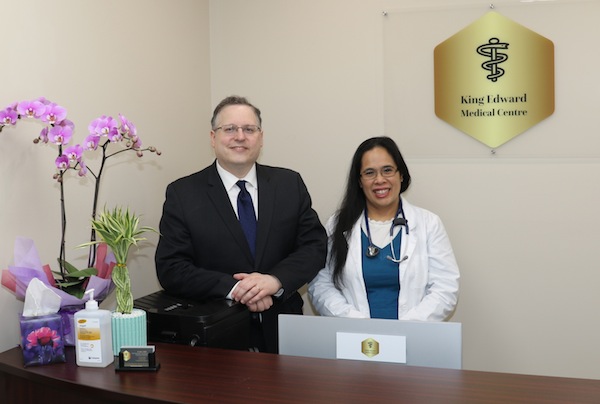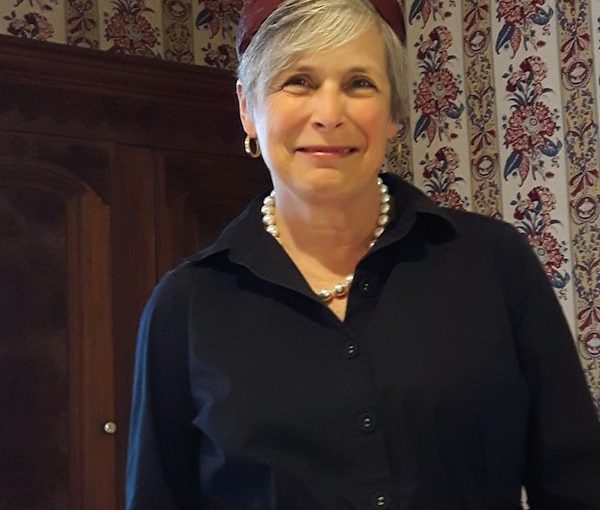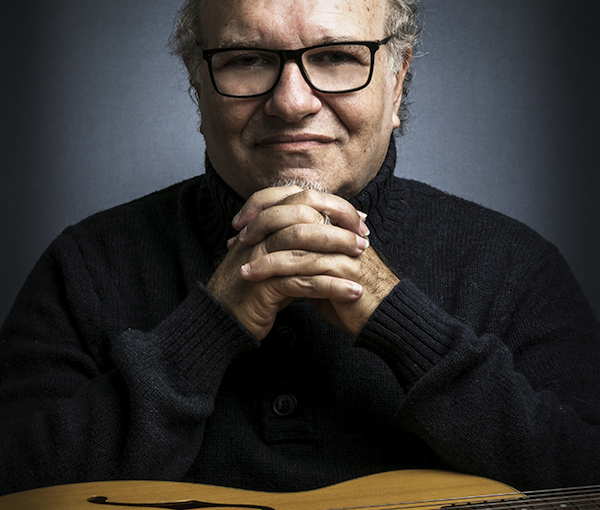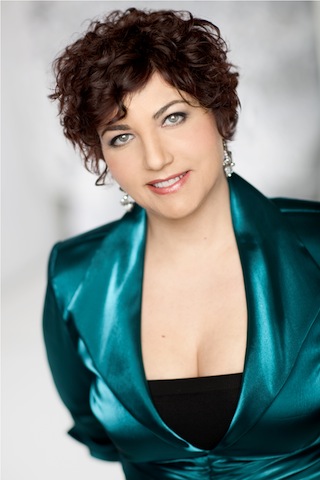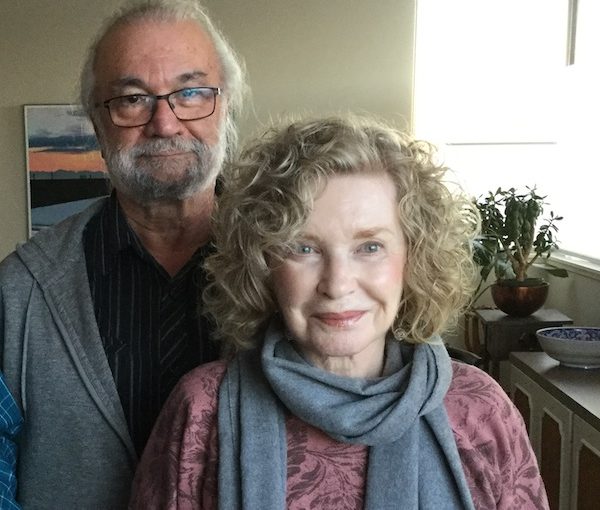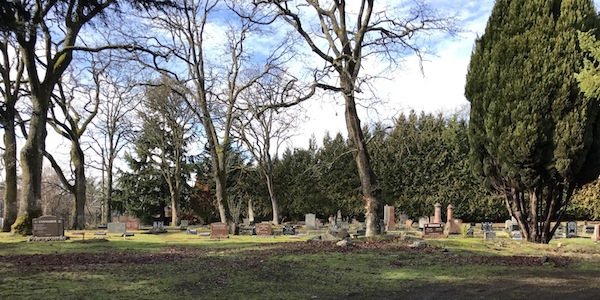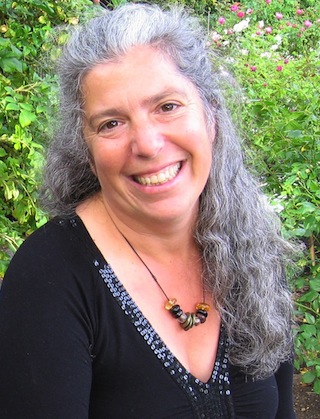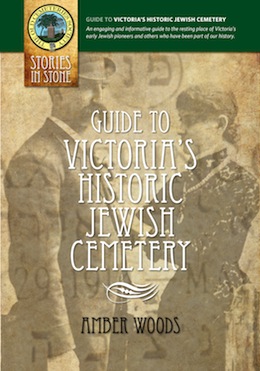Arthur and Anna Wolak opened King Edward Medical Centre on Sept. 16. (photo from KEMC)
The King Edward Medical Centre, a full-service family practice in Vancouver offering comprehensive primary care, officially opened its doors on Sept. 16.
Located in King Edward Mall (at Oak Street), the centre was launched by physician Dr. Anna Wolak and her husband Arthur Wolak, PhD. It is open to individuals and families throughout the Greater Vancouver area.
Longstanding and active participants in the community, the Wolaks believe this is an opportune time to help those lacking a doctor.
“Given there are so many people without family doctors – and there will be more soon, as there is a slate of family doctors who will be retiring within the next few months – people will be looking for a family physician,” said Arthur Wolak, executive director of the medical centre.
Anna Wolak is a family physician and clinical assistant professor of family medicine at the University of British Columbia. Fluent in English and Filipino, her practice focuses on all ages.
She studied medicine at the University of the Philippines in Manila, the University of Texas MD Anderson Cancer Centre in Houston and the University of Adelaide in Australia. In 2007, upon completing her training in family medicine at the Royal Adelaide Hospital and the Modbury Public Hospital, also in Australia, she moved to Canada.
Before practising in Vancouver in 2009, Wolak had a large family practice in Osoyoos, and was an emergency room doctor at the South Okanagan General Hospital in Oliver.
She also has been active in medical education, having served on the planning committees of major medical conferences and programs. She spent many years as an active parent class representative at both the Jewish Community Centre of Greater Vancouver preschool and in various grades at Vancouver Talmud Torah.
In 2014, RBC selected her as one of the top 25 immigrants to the country for demonstrating “strong leadership within the medical community.”
“Despite my extensive medical background, I needed the support of an experienced businessperson to pursue this endeavour, as medical training doesn’t include business training,” she told the Independent. “My husband has the skills that I lack. Together, we decided that we could establish a medical centre in the heart of the local community that would fill a great need, as Vancouver is desperate for primary care physicians.”
An entrepreneur and writer who holds several university degrees, including a master’s in business administration, a doctorate in management and a master’s in Jewish studies, Arthur Wolak is the author of numerous articles and books on a wide range of issues, the most recent being The Development of Managerial Culture (Palgrave Macmillan) and Religion and Contemporary Management (Anthem Press).
Born and raised in Vancouver, he is also the president of CMI Chat Media, a marketing company he co-founded with his brother, Richard Wolak.
For his part, Wolak is very excited to serve as the executive director of King Edward Medical Centre, managing the many administrative aspects of the growing office. He had the idea for several years and, with their three children now all in school at Vancouver Talmud Torah, he convinced his wife that this was the time to create a place that would benefit the community.
“My father, Dr. Edward Wolak, was a physician and I was brought up with an understanding of the importance of helping people. It was a natural fit for me, even though my academic and professional background, though very broad, was not medical. Anna has the medical skills. I bring other skills to the centre,” he said.
His mother, Elizabeth Wolak, was renowned as both a music teacher and choral conductor, having established and led Jewish choirs in Vancouver for nearly 50 years. She was awarded the B.C. Community Achievement Award and the Queen Elizabeth II Diamond Jubilee Medal for her Jewish choral work in Canada.
Both his parents were Holocaust survivors from Poland.
Over the years, Arthur Wolak has been active in various Jewish organizations. He was treasurer of the Western Association of Holocaust Survivors – Families and Friends, on the advisory board of Vancouver’s Melton School of Adult Jewish Learning (an initiative of the Hebrew University) and on the planning committee of the Vancouver Jewish Film Festival. He is presently a member of the board of governors of Gratz College, the oldest independent and pluralistic college for Jewish studies in North America, situated in suburban Philadelphia.
King Edward Medical Centre is currently accepting new patients. The website is kemedical.ca.
Sam Margolis has written for the Globe and Mail, the National Post, UPI and MSNBC.

